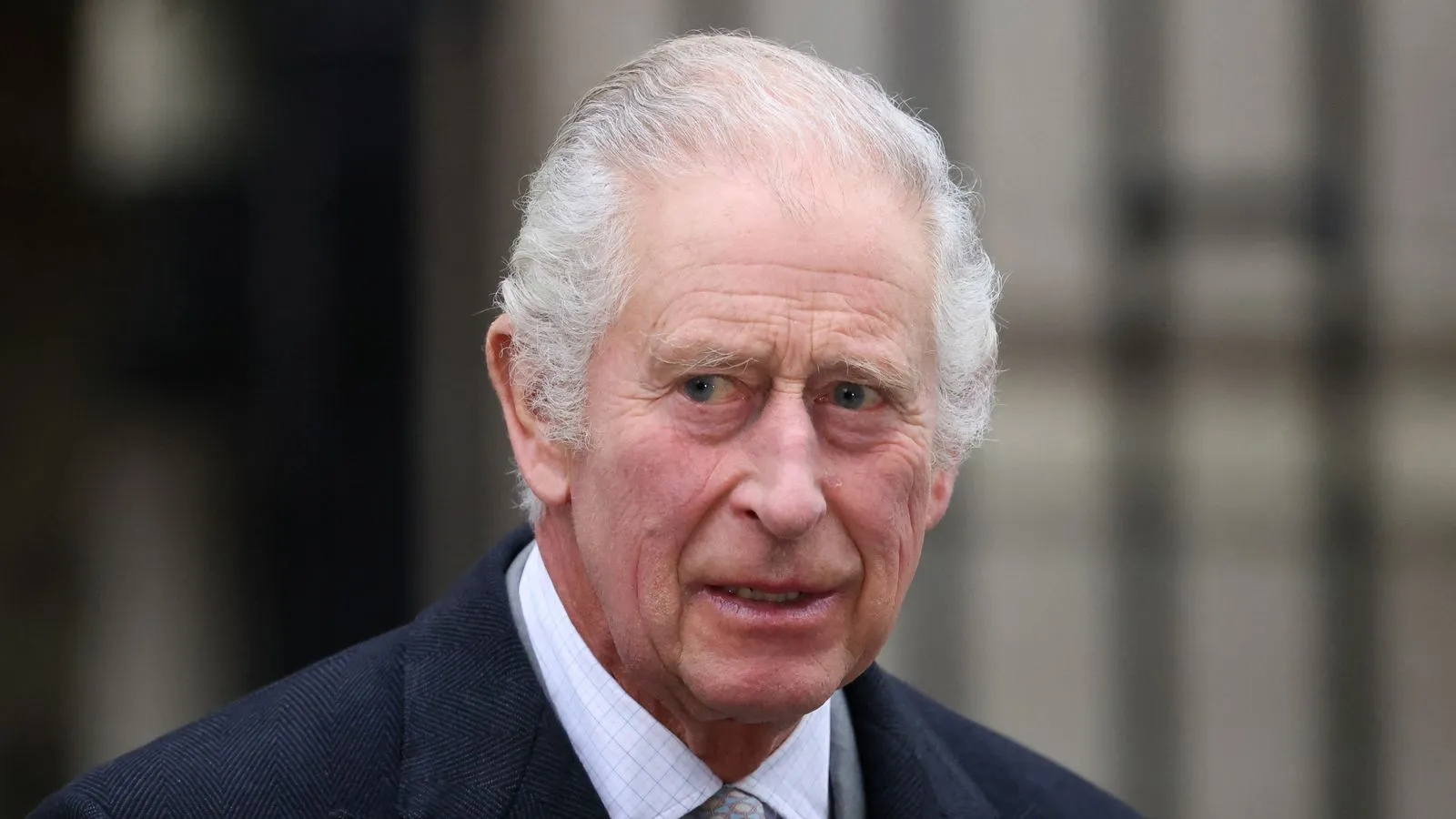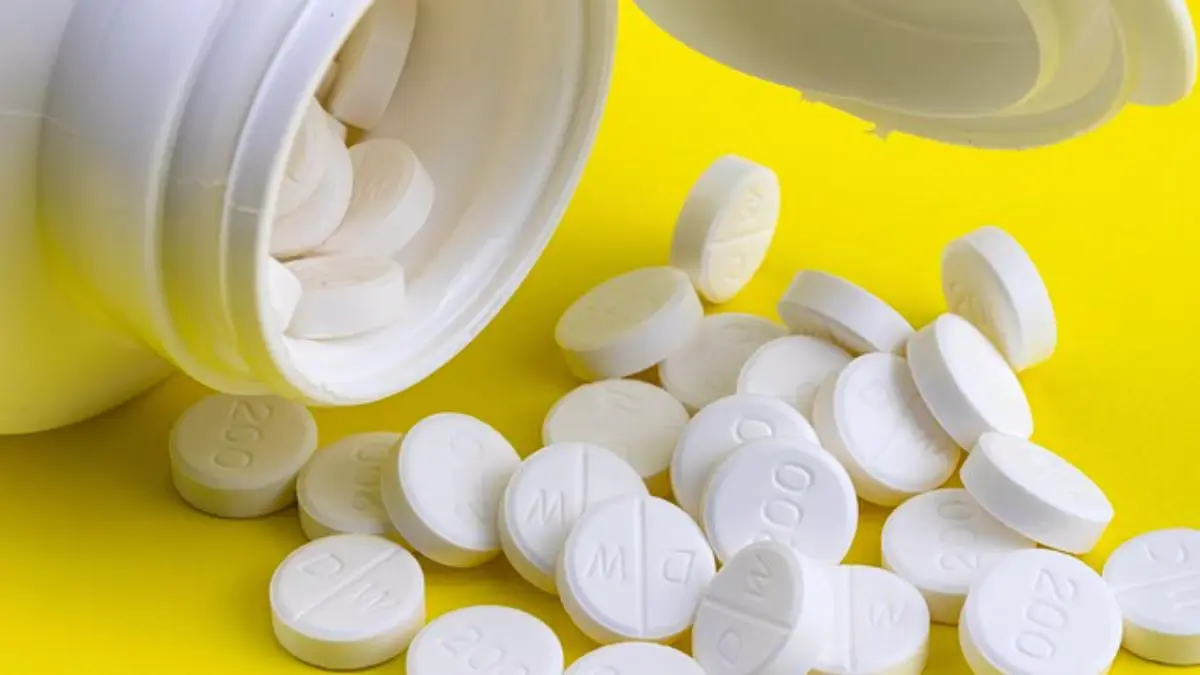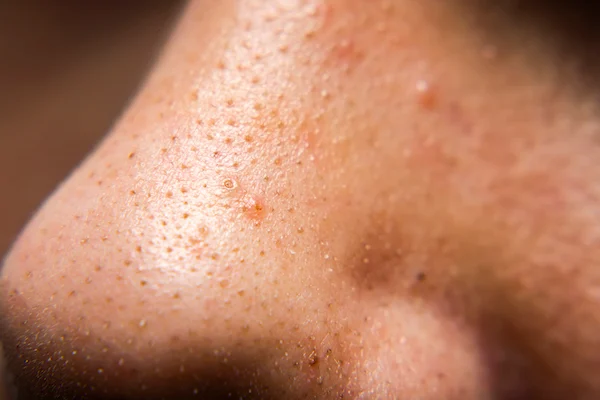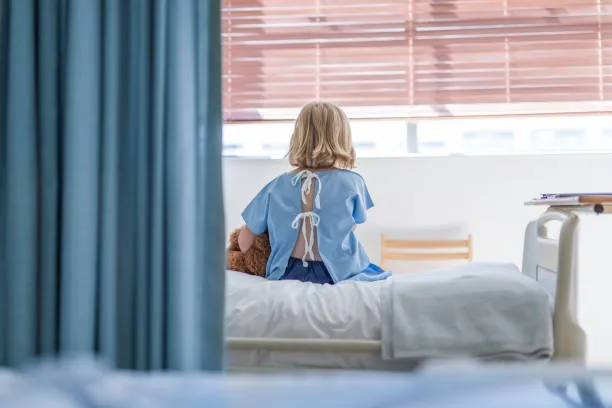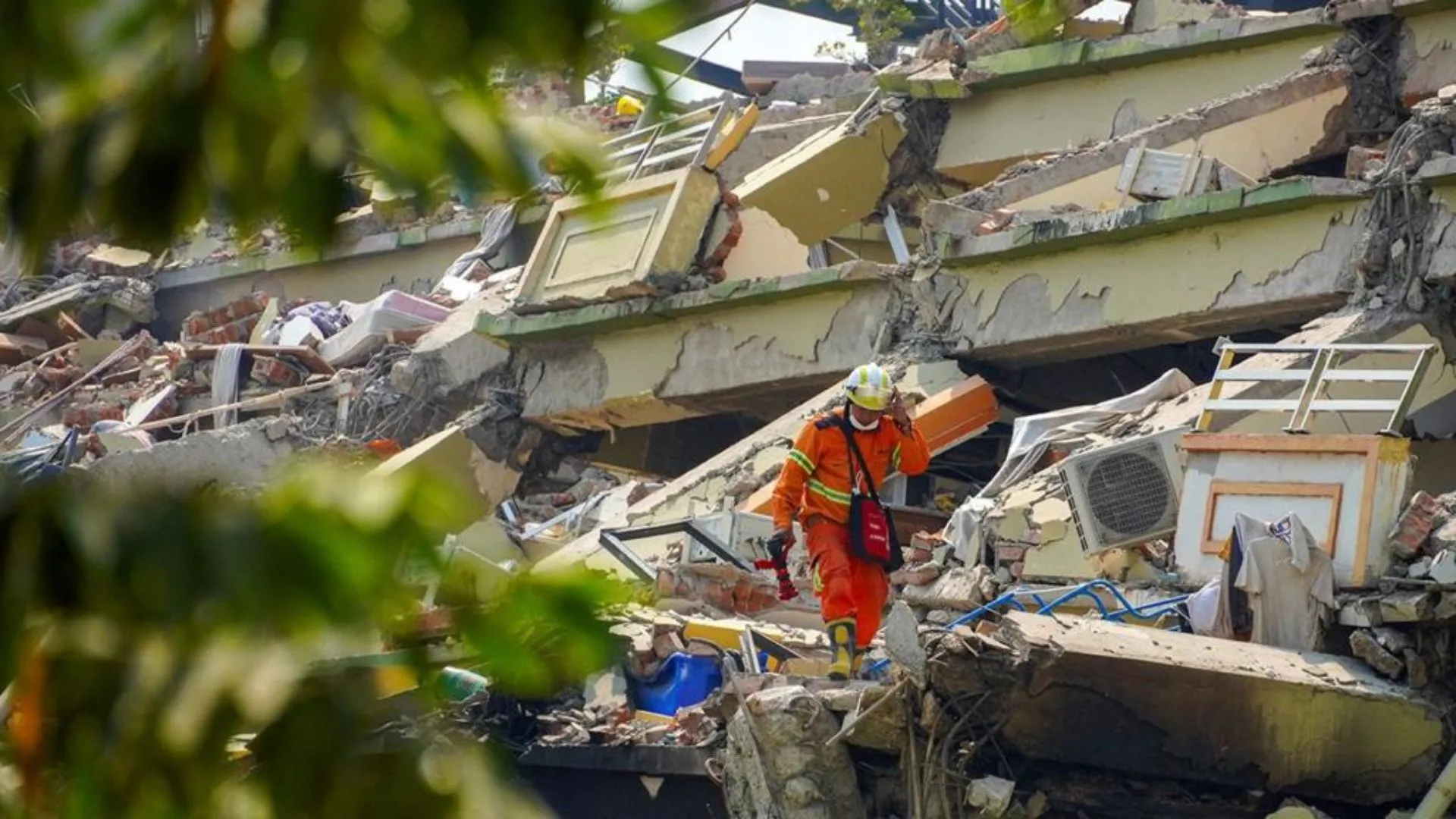King Charles was briefly hospitalized on Thursday due to temporary side effects from his ongoing cancer treatment, Buckingham Palace announced. The 76-year-old monarch underwent scheduled treatment in the morning, which required a short period of hospital observation. The palace reassured the public that the king had since returned to Clarence House and was in good spirits.
The side effects were described as temporary and not uncommon in medical treatments. As a precaution, Charles postponed his Friday engagements and rescheduled his diary upon medical advice. The palace expressed the king’s regret at any inconvenience caused to those affected by the postponements. A palace spokesperson stated, “His Majesty has now returned to Clarence House and, acting on medical advice, tomorrow’s diary programme will also be rescheduled.”
A royal source characterized the health concern as a “minor bump in a road that is very much heading in the right direction.” Despite his condition, the king has maintained an active schedule. Diagnosed with an undisclosed form of cancer in February 2024, he resumed public duties in April while continuing weekly treatment. This week, he attended multiple engagements, including a media reception and a soil exhibition visit. He is also preparing for a historic state visit to Italy, where he is set to be the first British sovereign to address both houses of the Italian parliament. The trip, scheduled in ten days, is expected to proceed as planned.
Before the hospitalization, King Charles had been scheduled to meet ambassadors at Buckingham Palace on Thursday afternoon and to travel to Birmingham for four public engagements on Friday. These have been postponed as a precautionary measure, as recommended by his medical team.
The king’s brief hospital visit took place at the London Clinic, where he had previously received treatment for an enlarged prostate in January 2024. He traveled alone and was not accompanied by Queen Camilla. Following the observation period, he returned home in good form, continuing his official work, including reviewing state documents and making phone calls from his study.
Buckingham Palace clarified that the king was disappointed about postponing his planned engagements and expressed gratitude to those involved in organizing them. “His Majesty was due to receive credentials from ambassadors of three different nations this afternoon. Tomorrow he was due to undertake four public engagements in Birmingham and is greatly disappointed to be missing them on this occasion. He very much hopes that they can be rescheduled in due course and offers his deepest apologies to all those who had worked so hard to make the planned visit possible.”
The decision to announce the hospitalization late on Thursday was made to allow the king time to consult with his staff and medical advisors after returning to Clarence House. His schedule and health status continue to be closely monitored by his medical team to ensure his recovery remains a priority.
Since his diagnosis last year, King Charles’ public engagements have been carefully planned with his doctors to avoid any strain on his health. While his condition is managed, the palace has been keen on maintaining transparency regarding his well-being. The latest hospital visit was considered a precautionary measure rather than a significant development in his treatment.
Sources indicated that no further updates on his condition are expected at this time. Any minor adjustments to his engagements next week will be announced as necessary. The approach underscores the palace’s ongoing commitment to balancing the king’s duties with his health requirements.
King Charles ascended to the throne on September 8, 2022, following the passing of his mother, Queen Elizabeth II. His reign has been marked by efforts to modernize the monarchy and maintain continuity during a time of transition. When his cancer diagnosis was made public in February 2024, Buckingham Palace requested privacy regarding specific details, revealing only that it was a “form of cancer.”
His condition was detected during treatment for a benign prostate condition when a separate issue of concern was identified and investigated. In December 2024, an official statement indicated that his treatment had been progressing positively and was expected to continue as a managed condition into 2025.
Despite health challenges, King Charles has shown resilience and dedication to his royal duties. In December 2024, during a public visit to Walthamstow in northeast London, he was asked about his health and responded with a smile, saying, “I’m still alive.” His ability to maintain humor and composure despite his illness has been noted by supporters and royal watchers.
The king’s continued engagement with his responsibilities, including his anticipated visit to Italy, reflects his commitment to serving the nation. While some scheduling adjustments may be necessary, his medical team remains optimistic about his overall progress. Royal insiders emphasize that the recent hospitalization was a routine step rather than a cause for alarm.
As the king focuses on his recovery, public support and well-wishes continue to pour in. The British public, alongside international well-wishers, has expressed admiration for his perseverance and dedication. While his engagements are being carefully managed, there is optimism that he will continue fulfilling his royal duties while receiving the necessary medical care.
Buckingham Palace has assured the public that the king remains in good spirits and is actively involved in his responsibilities, despite temporary health setbacks. Any further updates on his condition will be shared as needed, but the prevailing sentiment is one of cautious optimism. His upcoming engagements will be reviewed on a case-by-case basis to ensure his health remains the top priority.
King Charles’ brief hospital stay highlights the complexities of managing a high-profile role while undergoing cancer treatment. His ability to balance medical care with his commitments demonstrates both his dedication to his duties and the importance of prioritizing health. As he continues his treatment, his resilience and determination remain central to his role as monarch.

